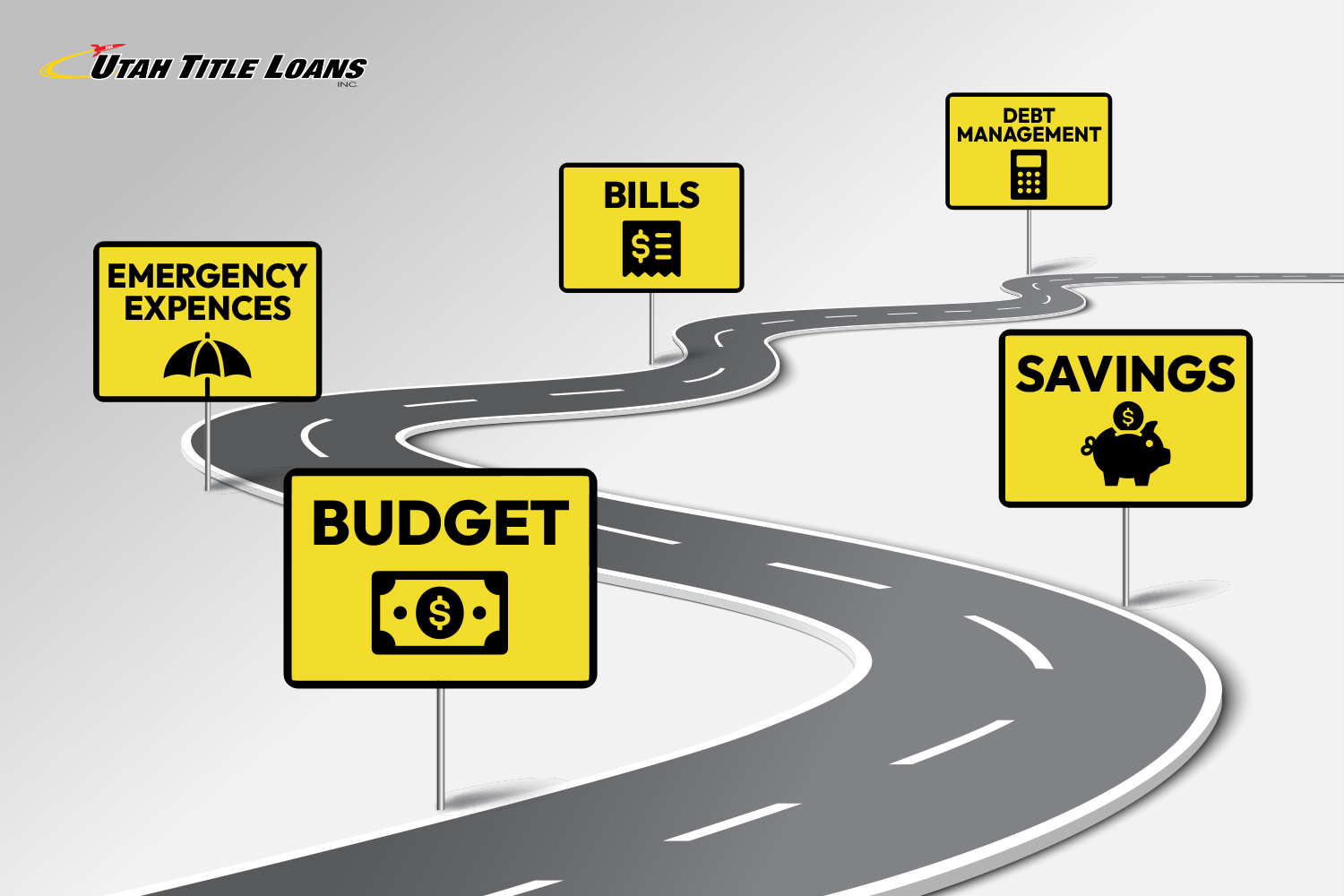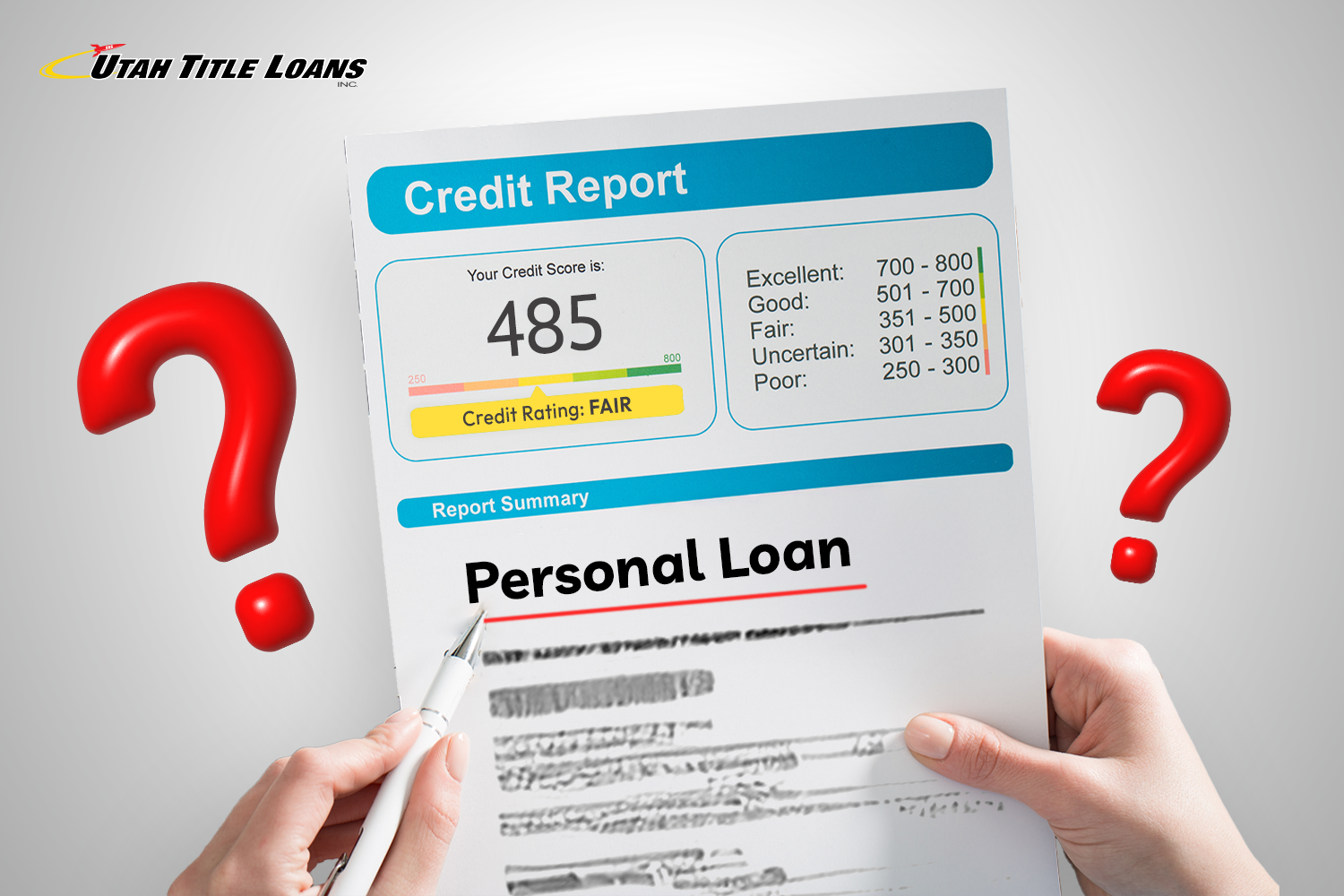




Wondering how do payday advance loans work? Find out exactly what they are, how do they work, and how easy it is to obtain one in Utah!
Read More >>
Looking for solutions to how to build credit fast? Learn proven methods to build credit quickly and achieve financial goals with these 6 easy ways.
Read More >>
Need emergency funds but have bad credit? Learn how to get title loans for bad credit in Utah with Utah Title Loans, Inc.
Read More >>
Struggling with urgent emergency costs? Get emergency financing without the wait with payday loans from Utah Title Loans, Inc.
Read More >>
Has a financial emergency thrown a wrench in your financial roadmap? Learn how a title loan can help you afford the cost and achieve financial clarity!
Read More >>
Need emergency cash today? Learn about payday loans and signature installment loans. Decide which same-day cash loan can help you best!
Read More >>
Looking to improve your credit score fast? Learn five of the best ways to build credit quickly. Discover how you can get a payday loan with bad credit!
Read More >>
Learn about how a personal loan can affect your credit score. Discover the positive and negative influences of personal loans on credit. Borrow bad credit loans with Utah Title Loans, Inc.!
Read More >>
Do you need a personal loan but worry about the credit score impact? Learn how a personal loan affects your credit score positively!
Read More >>
Learn more about the richest towns in the United States, such as Scarsdale, NY, and Los Altos, California, and the richest towns in Utah, like Highland, UT.
Read More >>